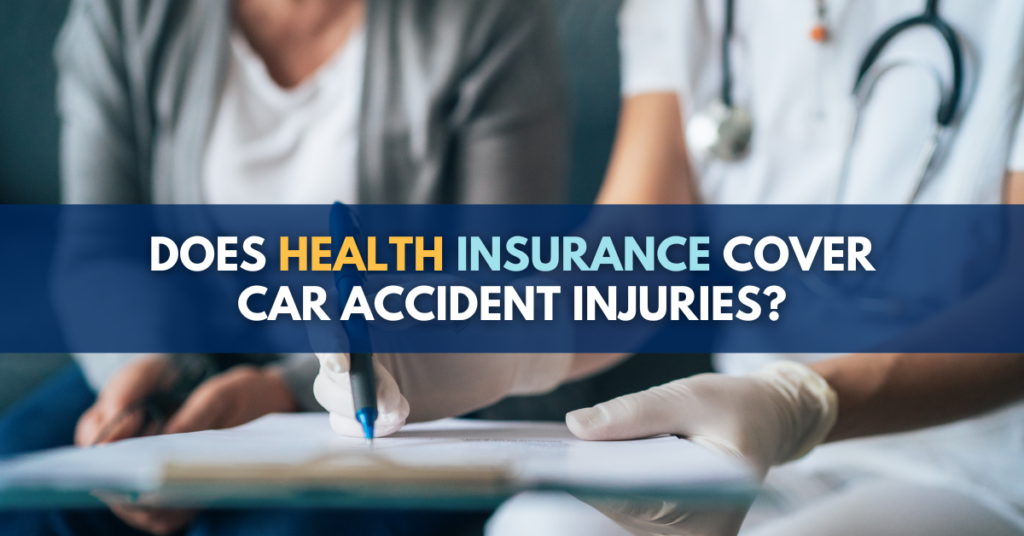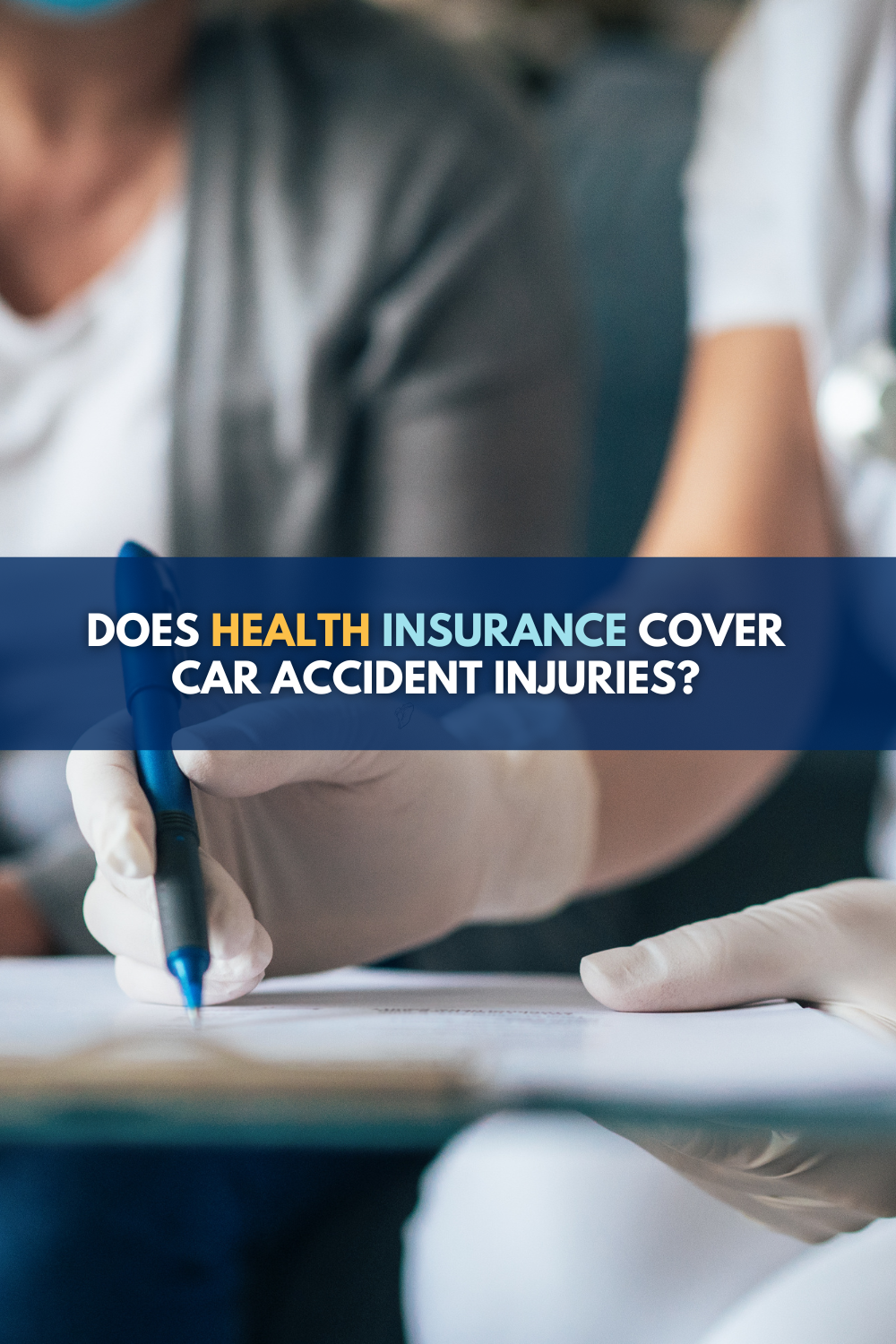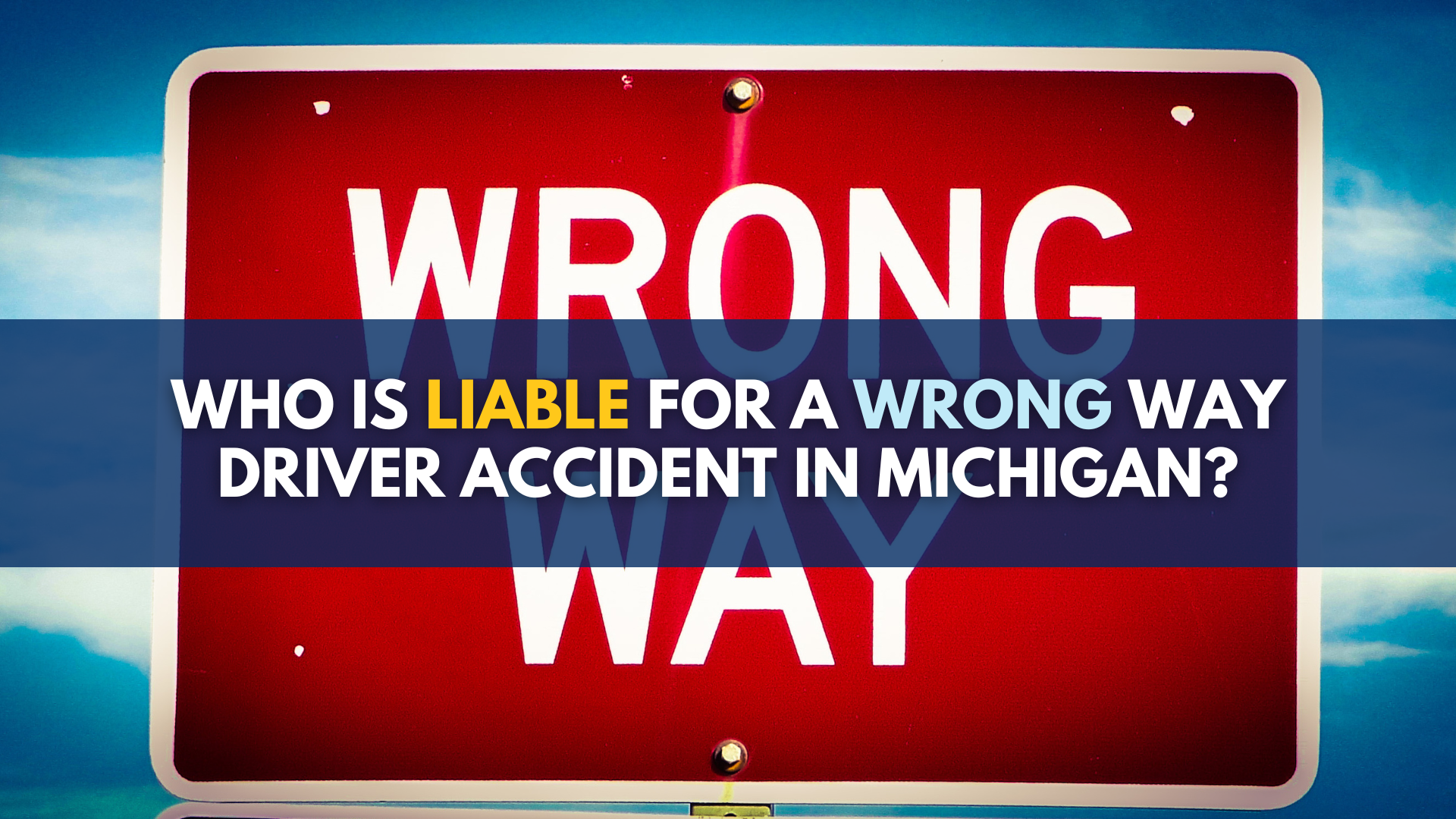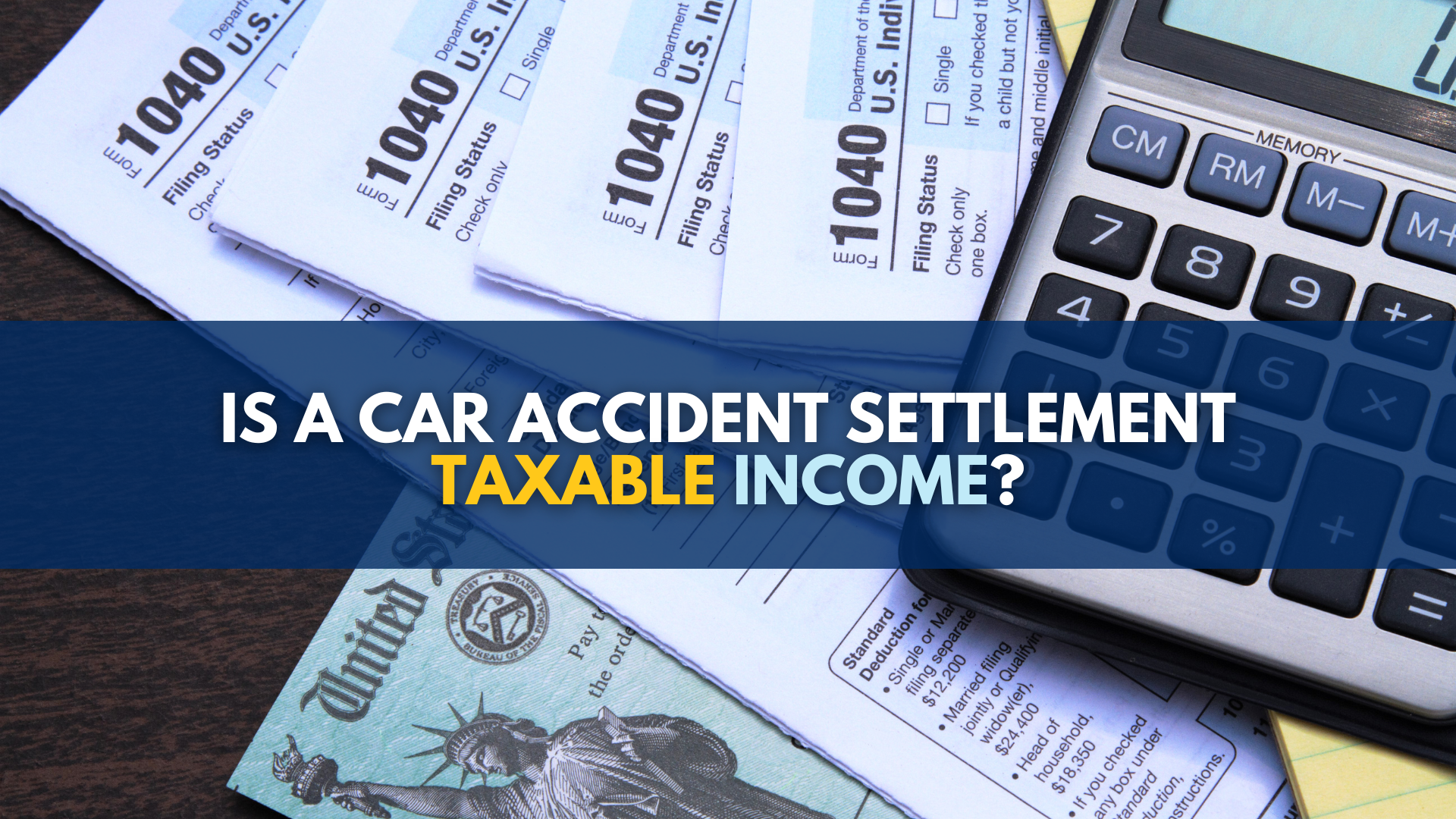
Yes, health insurance covers car accident injuries in Michigan. Generally, it will pay when a person has coordinated No-Fault auto insurance or when medical bills exceed a certain dollar amount. However, some health plans exclude auto accidents and fail to cover all of the necessary services covered by No-Fault.
Health insurance plays a substantial role in covering car accident injuries for crash victims, which is why the Michigan No-Fault law allows drivers to “coordinate” their health insurance and No-Fault coverage so that it pays first in the event of a car accident.
As medical insurance continues to play a growing role in people’s health care after an auto accident – especially when medical bills exceed No-Fault PIP medical benefits coverage – we can expect to see some of the same complications that car crash victims have contended with in the past with health insurance: auto exclusions; coverage limitations; and limitations on coordination.
When does health insurance cover car accident injuries?
There are two specific circumstances where health insurance cover cars accident injuries and a victim’s medical care and treatment. They involve:
- Coordinated No-Fault benefits – When the victim “coordinated” his or her No-Fault coverage and medial insurance coverage so that, in return for a lesser premium, medical insurance will pay first after a collision. No-Fault will pay only after the medical insurance had been exhausted.
- Excess medical bills – When the victim’s accident-related medical bills exceed the No-Fault PIP medical benefits level in the auto insurance policy through which the accident victim is seeking benefits and the victim has medical insurance that will provide coverage.
Who pays first auto insurance or health insurance?
Whether auto insurance or health insurance pays first for collision-related medical bills depends on what type of coverage you have. If you have “uncoordinated” auto No-Fault coverage, then auto insurance will pay first. If you have “coordinated” coverage, then health insurance will pay first.
How does health insurance work with coordinated No-Fault coverage?
As mentioned above, if a driver coordinates No-Fault auto insurance coverage with his or her health insurance, then the medical insurance will be considered the “primary” payer and, thus, will be the first to pay for any of the driver’s crash-related medical care and treatment in the event the driver is injured in a car accident.
With coordinated coverage, No-Fault would step in as the “secondary payer” to pay for accident-related medical bills if the health insurance coverage for car accident injuries had been exhausted and/or the services or treatment in question are not covered by health insurance.
There is one important exception to this general rule in which a driver cannot coordinate his or her health and No-Fault coverage: If the medical insurance plan is a self-funded ERISA plan. Specifically, there will be no coordination between a self-funded ERISA health insurance plan and No-Fault coverage if:
- A driver’s medical insurance is provided by his or her employer;
- The employer’s medical insurance plan is a self-funded ERISA plan (i.e., a plan organized in accordance with the federal Employee Retirement Income Security Act); and
- The employer’s self-funded ERISA plan contains an unambiguous coordination of benefits clause that clearly states that the plan will not be “primary” for an employee’s crash-related medical expenses
How does health insurance work with No-Fault coverage levels?
The extent to which health insurance will cover car accident injuries by paying for a crash victim’s medical bills will depend on the No-Fault PIP medical benefits coverage level in the auto insurance policy through which the victim will be claiming No-Fault benefits.
Drivers can choose one of the following medical coverage levels: (1) Unlimited; (2) $250,000; (3) $500,000; or (4) $50,000 for drivers enrolled in Medicaid. (MCL 500.3107c(1))
When a crash victim’s medical bills exceed either the $250,000 or $500,000 coverage levels, then he or she could turn to his or her health insurance plan to cover car accident injuries in excess of the coverage levels.
Significantly, it’s unlikely that medical insurance would play any role in circumstances where the No-Fault PIP medical benefits coverage levels were either unlimited or $50,000 for Medicaid recipients:
- Unlimited – If the coverage level in the relevant policy provides unlimited No-Fault PIP medical benefits coverage, then No-Fault would cover all of the medical care and treatment that is “reasonably necessary” for a victim’s care, recovery or rehabilitation. However, if the policy with the unlimited coverage was coordinated, then medical insurance would be the primary payer.
- $50,000/Medicaid – If a person opts for the $50,000 coverage level because he or she is enrolled in Medicaid, then it’s unlikely the person has private medical insurance. However, if by some quirk a person does have private medical insurance, then he or she would likely need to rely exclusively on the medical insurance for coverage because under the federal Medicaid “Secondary Payer” rule Medicaid will not pay for crash-related medical care if private medical insurance has the “legal liability” to do so. (See 42 U.S.C. 1396a(a)(25)(A))
When might health insurance not cover car accident injuries?
Drivers and crash victims must be aware of the significant circumstances under which they will not be able to rely on health insurance to cover their car accident injuries:
- Auto accident exclusions – Many medical insurance plans have “auto accident exclusions” which are provisions that specifically exclude coverage (i.e., refuse to pay for medical care and treatment) for injuries caused by and related to motor vehicle crashes. Employers who provide medical insurance for employees will try to avoid higher medical insurance costs by adding these auto exclusions to medical insurance policies. The game of musical chairs will never end: politicians decide to try to save the auto insurance companies money by shifting costs onto medical insurance to pay for medical care over the PIP cap coverage levels for Michiganders, but then employers and private health insurers respond by adding auto accident exclusion language to avoid being on the hook when PIP is exhausted.
- Secondary payer provisions – These “secondary payer” clauses in the medical insurance plan ensure that the health plan will pay only on a “secondary” basis and only after No-Fault auto insurance has paid first.
- Coverage limitations/exclusions – Many health insurance plans have coverage limitations and/or exclusions that prevent them from covering vital medical services and treatment for car accident injuries that are regularly covered by No-Fault.
- Loss of job – If a victim’s medical insurance is provided by his or her employer and if the victim’s accident-related injuries prevent him or her from returning to work, then if he or she loses his or her job, his or her medical insurance coverage will be terminated.
- ERISA liens – Okay, these won’t exactly prevent health insurance from covering car accident injuries. But it will have the same effect for the victim. In the rare instance where an ERISA plan accidentally pays for a victim’s medical care and treatment, the plan administrators will use ERISA liens to force the victim to use any third-party tort recoveries for pain and suffering compensation, excess medical bills and/or other economics damages to reimburse the ERISA for any money it paid out in medical care.
Does health insurance cover car accident injuries the same as No-Fault?
No. Health insurance does not cover car accident injuries the same as No-Fault insurance. Subject to the No-Fault PIP medical benefits coverage levels, No-Fault insurance covers all medical care, medical treatment and medical services that are “reasonably necessary” to a victim’s care, recovery or rehabilitation. (MCL 500.3107(1)(a))
This means that medical insurance and auto No-Fault are definitely not the same. In regards to health insurance covering car accident injuries, it fails to cover many of the necessary medical treatments and services that No-Fault readily covers for people who desperately need certain types of medical care.
These limited and/or excluded medical treatments and services under medical insurance often include:
- Residential care
- Attendant care by an agency
- In-home attendant care (24/7 is frequently prescribed for many TBI and SCI survivors)
- Prescriptions
- Hospitalization
- Doctors/lab
- Rehabilitation services
- Case management
- Door-to-door medical transportation
- Home purchases/modifications
- Prosthesis
- Equipment
- Vehicle purchases/modifications
- Long-term speech and cognitive therapy
What does medical insurance do that No-Fault doesn’t?
There are two very significant things that medical insurance does that auto No-Fault insurance currently does not do:
- Managed care – While the auto law does include a managed care option at a reduced premium for drivers, many medical insurance plans are actually essentially managed care plans. This means that a victim would no longer have the right to choose his or her own doctors and would be prohibited from undergoing any prescribed treatment, procedure or surgery unless and until he or she has received written “pre-authorization” from the medical insurance company. Our auto accident attorneys strongly advise against selecting the managed care option for your auto No-Fault policy.
- Added Costs – When health insurance does cover car accident injuries it often involves significant added costs not imposed by your auto No-Fault insurance. These added costs include deductibles, copays, coinsurance, penalties for choosing to seek care from an out-of-network doctor costs and other out-of-pocket payment requirements.
Need help? Call Michigan Auto Law first
If you have been injured in a crash and you need help with getting your No-Fault auto insurance company or your health insurance company to cover costs for your car accident injuries, call toll free anytime 24/7 at (800) 968-1001 for a free consultation with one of our experienced attorneys. You can also get help from an experienced auto accident attorney by visiting our contact page or you can use the chat feature on our website.



